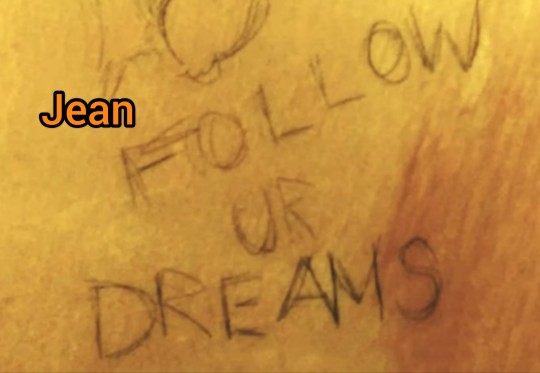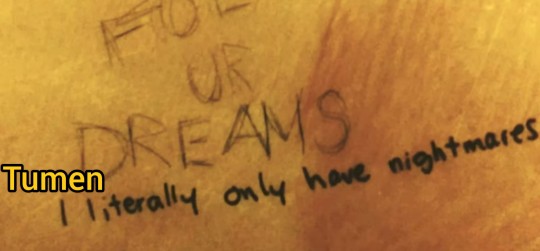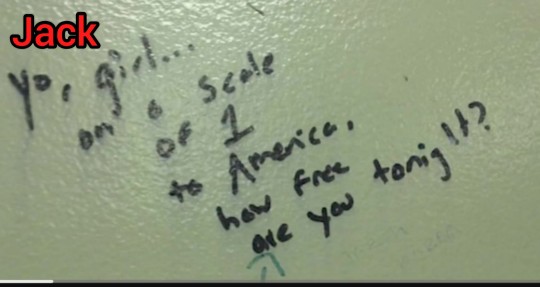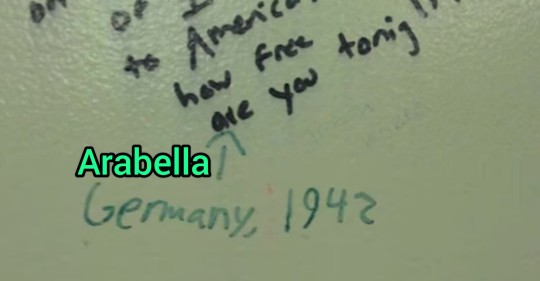#jean magliore
Text


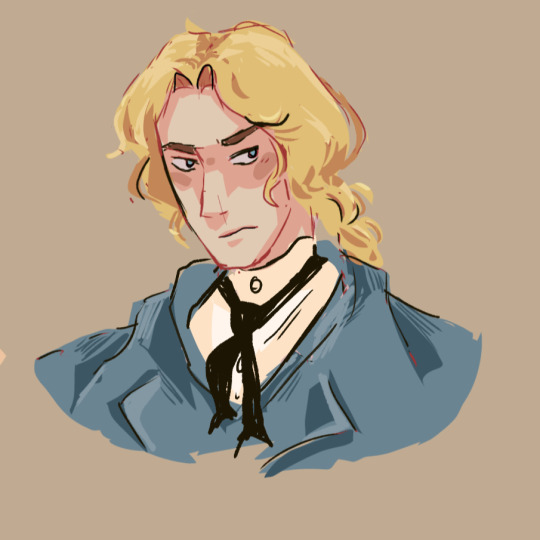



Click for better resolution!^^
i used to be so obsessed with these books in quarantine. I really wish they were written better
#yjs series#rob kidd#potc#character design#???#i guess#my art#digital art#sketches#arabella smith#fitzwilliam p dalton iii#jack sparrow#jean magliore#bill turner
24 notes
·
View notes
Text






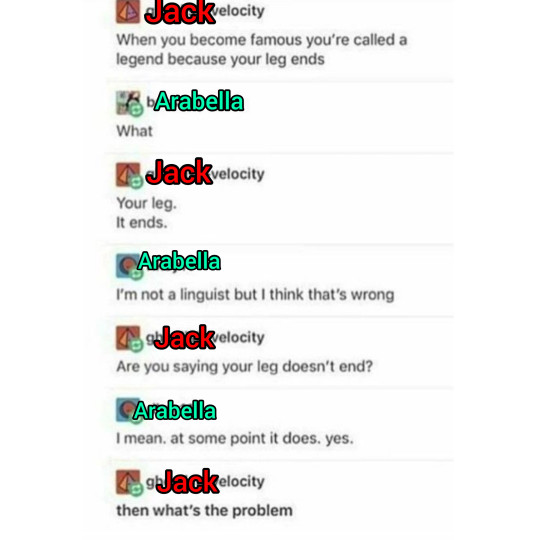

#jack sparrow#potc#young jack sparrow#captain jack sparrow#young captain jack#rob kidd#fitzwilliam p. dalton iii#jean magliore#tumen#arabella smith#bill turner#tim hawk#madame minuit
16 notes
·
View notes
Text
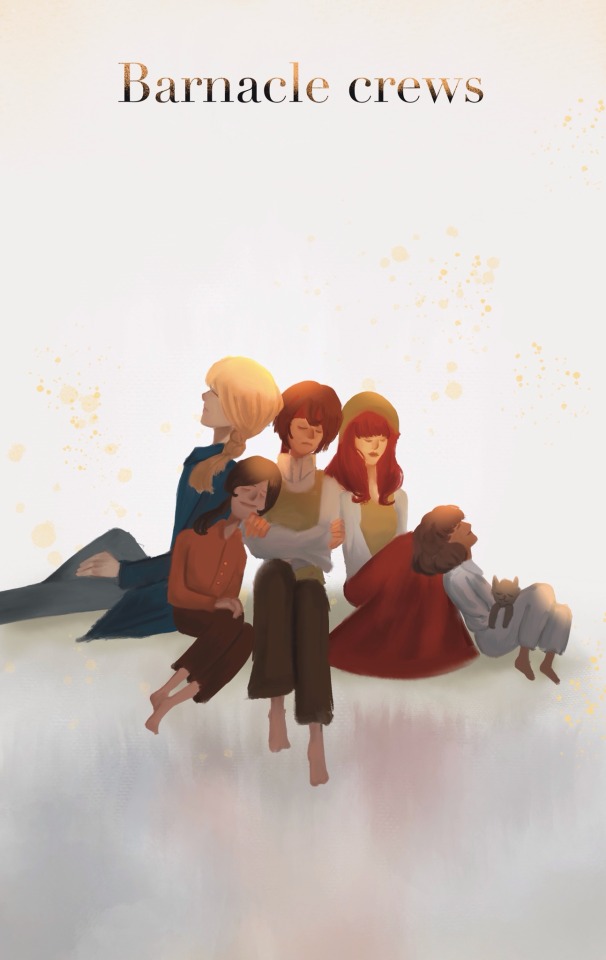
“ We’re free ”
#jacksparrow#pirates of the caribbean#yong jack sparrow#fitzwilliam p dalton iii#Arabella smith#Tumen#Jean Magliore#Constance Magliore#Barnacle crews
11 notes
·
View notes
Text
This took a while bc I got banned from generating more than one at a time and it took several tries each to get ones that are close enough.
I want them soooo bad tho 😭
I’ll draw actual designs eventually, I just wanted to get the idea across.






Also that program is hellbent on not generating ponytails no matter what I describe them as so go off I guess lol
#ai#ai funko pop#funko pop#pirates of the caribbean#potc#pirates#captain jack sparrow#jack sparrow#young jack sparrow#arabella smith#fitzwilliam p dalton iii#jean magliore#constance magliore#tumen#timothy hawk#barnacle crew#jack sparrow books#rob kidd
16 notes
·
View notes
Text
There is one thing that bothers me with Armando Salazar “naming” Jack:
POTC wiki says that the novels in which Jack commanders the Barnacle and has adventures with Arabella Smith, Fitzwilliam P. Dalton III, Tumen, Jean Magliore and Constance Magliore happens around 1706. Which means it happens 2 years before Jack defeats El Matador Del Mar - Armando Salazar by making him sail into the Devil’s Triangle. The issue with that conclusion is that if we take those two at face value, it creates a continuity error with naming as Jack is already referred to as Jack Sparrow in the first novel, not only by himself in the interlude, but also by other characters, which if we took Salazar’s naming as canon, would mean that the characters must have met Jack after he was already a Pirate Lord... which makes no sense, because then Arabella would know he was a pirate, unless we assume that nobody knew who exactly defeated the Spanish Pirate Hunter, only knowing that he was defeated. Which then works with the whole Fitzwilliam shit going on in those novels, but is still kinda fishy when it comes to timeline, which I will describe below.
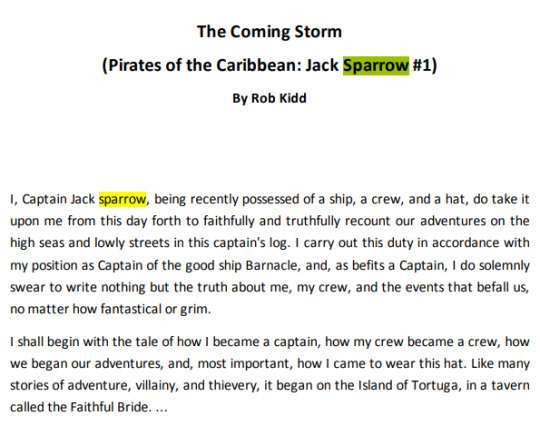




The issue being again that he is referred to as Sparrow not only by the narrator, but by himself and other characters multiple times when he was not yet named. Which means that if we want to treat the novels as canon, we cannot take the fact that Armando named Jack “the Sparrow” at face value, because it then fucks up the whole timeline of his life. I could at best assume that defeating Armando gave Jack’s new name value and power on top of making him a Pirate Lord of the Caribbean, but Armando could not have named him unless we assumed that novels happened after he became the Pirate Lord, in those brief 2 year gap between him defeating the Salazar and “having to abandon pirate life and start working for Beckett” which would make no sense if he was already a pirate at the time as in the novels Jack stresses a lot how much he hates pirates, and he doesn’t consider himself a pirate despite doing pirate things like looking for treasures and having adventures and fighting other pirates.
[Novels “The Coming Storm” (1) and “The Siren Song” (2) were published a month before the Dead’s Man Chest was released. “The Pirate Chase” (3) and “The Sword of Cortez” (4) as well as “The Age of Bronze” (5) were published just after the movie. Which means that Armando Salazar “naming Jack” was a retcon of the novels.]
Another issue is that it is stated somewhere that Jack ran away from home when he was 12, because he hated being a pirate (and because his grandmama was abusive and nearly killed him again) and that information also kind of suits the whole setting of the novels, so they could as well happen when he was just 12 if narration of the first novel specifically didn’t state that Jack, Arabella and Fitzwilliam were a few years older than Tumen and Jean, who were described as being at most 13 the oldest, which then makes the rest of them 15-18yo.

So, we can either have the fifth movie random lore gotcha with Armando naming Jack “the Sparrow” as canon, or we can have novels as canon, but we cannot have both, because novels were written so much longer before 5th movie and set in a moment in time so inconvenient that treating both as canon will inevitably confuse the whole timeline. I dunno how you, but I think it is easier to erase one random fact from a movie made pretty long after the novels, than rewrite the novels to have no usage of word “sparrow” in it.
#jack sparrow#captain jack sparrow#pirates of the caribbean#potc#arabella smith#fitzwilliam p. dalton III#jean magliore#constance magliore#tumen#the coming storm#jack sparrow: the coming storm
43 notes
·
View notes
Text
Barnacle High sims sometime after the High School pack came out. I don’t play them because I get bored quickly when I play with existing characters or people and no progression in mind. So I started a decades challenge instead lol.
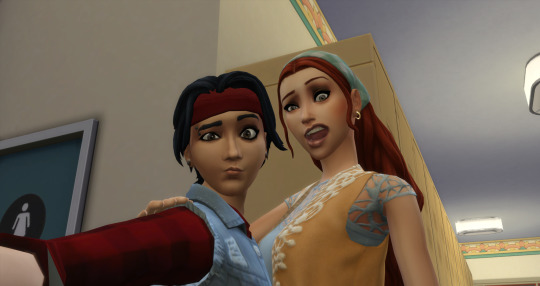
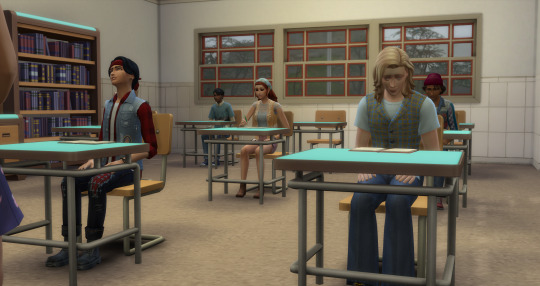




#also I removed poses before this bc it was breaking my computer#so here’s my regular gameplay lol#the sims 4#the sims#ts4#pirates of the caribbean#potc#pirates#captain jack sparrow#jack sparrow#young jack sparrow#arabella smith#fitzwilliam p dalton iii#jean magliore#tumen#barnacle crew#modern barnacle crew#jack sparrow books#rob kidd
10 notes
·
View notes
Text

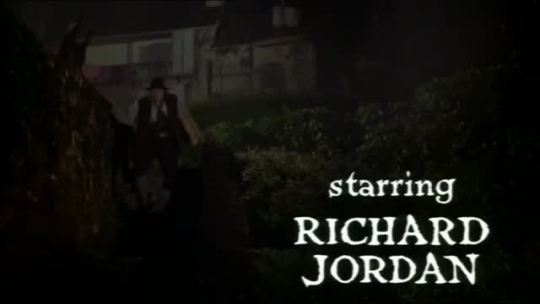

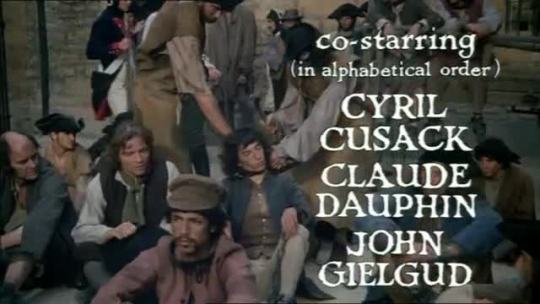


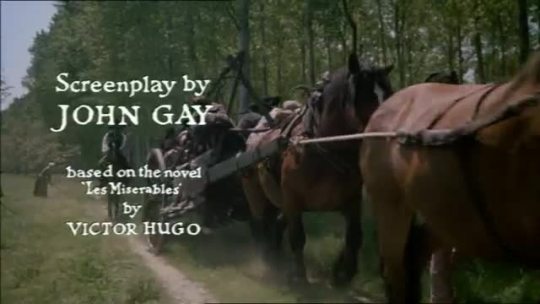
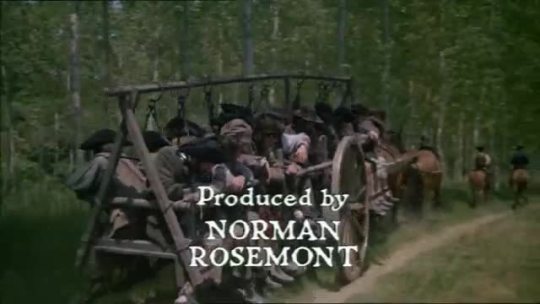
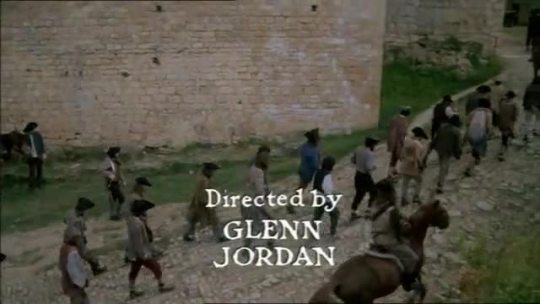
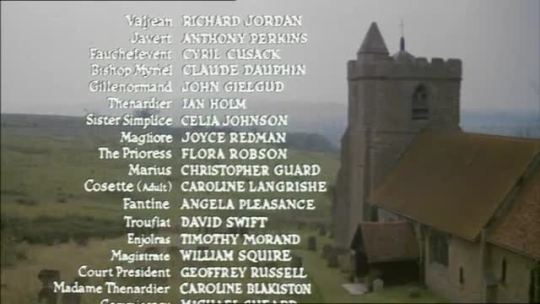

Les Misérables - CBS - December 27, 1978
Drama
Running Time: 150 minutes
Stars:
Richard Jordan as Jean Valjean
Anthony Perkins as Javert
Angela Pleasence as Fantine
Caroline Langrishe as Cosette
Joanna Price as young Cosette
Christopher Guard as Marius
Ian Holm as Thénardier
Caroline Blakiston as Madame Thénardier
Timothy Morand as Enjolras
Dexter Fletcher as Gavroche
Cyril Cusack as Fauchelevent
Claude Dauphin as Bishop Myriel
John Gielgud as Gillenormand
Celia Johnson as Sister Simplice
Joyce Redman as Magliore
Flora Robson as The Prioress
9 notes
·
View notes
Note
Hi I just wonder, have you read any potc books (jack sparrow novellas, price of freedom, the legends of brethren court) ? I saw few posts where you were talking about Arabella Smith (I love u for that) so I assume you know something about these books
I have never read them, despite wanting to.
But I got interested and did a shit ton of research. I have a good idea of the characterization of Fitzwilliam, Arabella, Jack’s family, and to a lesser extent Jean and Christophe
I got very interested and still want to read them
#POTC#Pirates of the Caribbean#Young Jack Sparrow Series#Arabella Smith#Fitzwilliam P Dalton#Christophe Julien de Rapier#Jean Magliore#Constance
6 notes
·
View notes
Link
Chapters: 15/?
Fandom: Pirates of the Caribbean (Movies), Pirates of the Caribbean: The Price of Freedom - A. C. Crispin, Pirates of the Caribbean: Jack Sparrow - Rob Kidd
Rating: General Audiences
Warnings: Creator Chose Not To Use Archive Warnings
Relationships: Jack Sparrow/Original Female Character(s), Elizabeth Swann/Will Turner
Characters: Jack Sparrow, Edward Teague, Original Female Character(s), Original Male Character(s), Hector Barbossa, James Norrington, Arabella Smith, Fitzwilliam P. Dalton III, Calypso | Tia Dalma, Jean Magliore, Tumen, Bootstrap Bill Turner, Davy Jones (Pirates of the Caribbean), Weatherby Swann, Elizabeth Swann, Heathen Gods, Crew of the Black Pearl
Additional Tags: Major Original Character(s), Historical Fantasy, POV First Person, Pagan Gods, Humor, Action, Adventure, Slow Burn, Eventual Romance, Polyamory, Female/Female/Male polycule, friendships, Developing Friendships, Golden Age of Piracy, Trust Issues, Mostly Canon Compliant, Magic, Crossdressing, Genderfluid Character, Drunken Shenanigans, Why is the Rum Gone?
Summary:
When I was nineteen, pirates attacked the ship I was working on. They gave us choice: Join their crew or be sent adrift with those that didn’t. After picking the former, I soon found myself in Shipwreck City and in search of a new crew to join. Instead, I found sixteen-year-old Jack Sparrow who, even back then, was followed by trouble everywhere he went.
#potc#fanfiction#jack sparrow#my ocs emil drystan#young jack sparrow#of sparrow and drystan#pirates of the caribbean#potc fanfiction#disney
4 notes
·
View notes
Text
Les miserable
I want to render a public service. I want to suggest that even if you were deeply moved by “Les Mis,” you can still save your soul. I don’t think you are damned forever. Salvation awaits. I realize that we are not supposed to argue about taste. De gustibus non est disputandum, as some Latin fellow said. But, in fact, critics do nothing but argue about taste. And I realize that emotion is even harder and riskier to argue about. But, as we have new experiences, emotions change. Therefore, in the interest of public health, I will try to bring cures to the troubled. But first, a few words about the movie version of “Les Misérables.” Mme. Magliore Housekeeper for the bishop and his sister. Jean Valjean Ex-convict still pursued by the law, who strives for moral perfection and achieves a kind of sainthood in his love for the little orphan Cosette. He is also known as M. Madeleine and M. Leblanc. Little Gervais Chimney sweep from whom Valjean steals a coin, his last criminal act for which Javert inexorably trails him. Fantine A beautiful girl of unknown parentage who comes to Paris at the age of fifteen. She falls in love with Tholomyès and bears an illegitimate child, Cosette. Forced to give up her child, Fantine is crushed and ultimately destroyed by adversity. Cosette Illegitimate daughter of Fantine, originally named Euphrasie. She has a wretched childhood as the ward of the brutal innkeeper Thénardier but later finds happiness in Valjean's devoted care and in the love of a young man. Félix Tholomyès A student, Fantine's lover, and father of Cosette. Thénardier An evil innkeeper who mistreats Cosette during her childhood, lures Valjean into an ambush, and commits various other crimes. He is also known as Jondrette and Fabantou. Mme. Thénardier A virago whose sweeping malevolence spares only her husband and her two daughters. Eponine Older daughter of the Thénardiers. As a child she is spoiled at Cosette's expense; later she becomes a ragged, hungry adolescent. Her love for Marius first endangers, then saves his life. Azelma Second daughter of the Thénardiers. Spoiled at first, her life becomes as miserable as her sister's. Gavroche The Thénardiers' oldest son, a typical Paris gamin. He dies heroically at the barricades in the revolution of 1832. Two little boys The Thénardiers' youngest children. Given by their parents to an acquaintance, Magnon, they wander the streets of Paris after she is arrested. Gavroche's protection gives them temporary solace. Inspector Javert An incorruptible policeman. He makes it his life's work to track down Jean Valjean. Fauchelevent Valjean, as Madeleine, saves his life; Fauchelevent later is gardener at the convent of the Little Picpus and gives shelter to Valjean and Cosette. Bamatabois An idler of the town who torments Fantine by putting snow down her back. Champmathieu The man accused of being Jean Valjean, on whose behalf "Madeleine" reveals his true identity. Sister Simplicity A nun who lies to save Valjean from Javert. Boulatruelle An old roadworker, ex-convict, and minor associate of the underworld chiefs. He is constantly seeking buried treasure in the forest near Montfermeil. The Prioress Head of the convent where Valjean and Cosette live for several years. Mestienne and Gribier The two gravediggers. Mestienne, friend of Fauchelevent, dies suddenly, and his place is taken by Gribier, nearly causing Valjean to be buried alive. M. Gillenormand Relic of the Enlightenment, he is hostile to the romantic love and liberal politics of his grandson Marius. Mlle. Gillenormand Gillenormand's daughter, a lackluster old maid whose interests are limited to devotional practices. Marius Pontmercy An idealistic student who falls passionately in love with Cosette and later marries her. Colonel Georges Pontmercy Marius' father, an officer of Napoleon's, named by him a colonel, a baron, and an officer of the Legion of Honor. Lieutenant Théodule Gillenormand M. Gillenormand's grandnephew. He is asked to spy on his cousin Marius. Magnon Friend of Mme. Thénardier. She bears two illegitimate boys, for whom M. Gillenormand, her former employer, pays all expenses. When the boys die, the Thénardiers gladly give her their two youngest sons in exchange for a share of the money. M. Mabeuf An old horticulturist and bibliophile, now a churchwarden. He is instrumental in revealing to Marius the truth about his father. Later, driven by destitution, he dies a heroic death at the barricades. Mother Plutarch Servant of M. Mabeuf; shares his poverty to the end. Montparnasse, Claquesous, Gueulemer, and Babet The four chiefs of the Paris underworld, occasionally associated with Thénardier. Enjolras An uncompromising political radical who dies courageously as the leader of a group of student insurrectionists. Grantaire Enjolras' friend. He is a drunken cynic who redeems a useless existence by sharing Enjolras' death before a firing squad. Combeferre Friend of Enjolras and second in command of the student insurrectionists. Courfeyrac A student. With Enjolras and Combeferre, he helps incite and lead the insurrection. Jean Prouvaire A friend of Enjolras and one of the group of revolutionaries. He is rich, sensitive, and intelligent. Bahoral A law student and revolutionary. He is good-humored and capricious, and refuses to be serious in his studies. Joly A student. A hypochondriac, he is nevertheless a spirited and happy companion. Bossuet A student revolutionary. Although he signs his name "Lègle (de Meaux)," he is called Bossuet (Bald), Laigle (The Eagle), and occasionally Lesgle. Feuilly A self-taught worker, and an ardent insurrectionist Le Cabuc Shoots a porter during the insurrection and is executed by Enjolras. May actually have been Claquesous. I had never seen the show or heard the score; I came to the material fresh, without preconception, and throughout the entire hundred and fifty-seven minutes I sat cowering in my seat, lost in shame and chagrin. This movie is not just bad. It’s terrible; it’s dreadful. Overbearing, pretentious, madly repetitive. I was doubly embarrassed because all around me, in a very large theatre, people were sitting rapt, awed, absolutely silent, only to burst into applause after some of the numbers, and I couldn’t help wondering what in the world had happened to the taste of my countrymen—the Filipinos (Filipinos!) who loved the greatest musical ever made, Les Miserables. Didn’t any of my neighbors notice how absurdly gloomy and dolorous the story was? How the dominant blue-gray coloring was like a pall hanging over the material? How the absence of dancing concentrated all the audience’s pleasure on the threadbare songs? How tiresome a reverse fashion show the movie provided in rags, carbuncles, gimpy legs, and bad teeth? How awkward the staging was? How strange to have actors singing right into the camera, a normally benign recording instrument, which seems, in scene after scene, bent on performing a tonsillectomy? Hugh Jackman, as the aggrieved Jean Valjean, delivers his numbers in a quavering, quivering, stricken voice—Jackman doesn’t sing, he brays. Russell Crowe as Javert, his implacable pursuer, stands on parapets overlooking all of Paris and dolefully sings of his duty to the law. Then he does it again. Everything is repeated, emphasized, doubled, as if to congratulate us on emotions we’ve already had. The young women, trembling like leaves in a storm, battered this way and that by men, never exercise much will or intelligence. Anne Hathaway, as Fantine, gets her teeth pulled, her hair chopped, and her body violated in a coffin box—a Joan of Arc who only suffers, a pure victim who never asserts herself. Hathaway, a total pro, gives everything to the role, exploiting those enormous eyes and wide mouth for its tragic-clown effect. Like almost everyone else, she sings through tears. Most of the performances are damp. The music is juvenile stuff—tonic-dominant, without harmonic richness or surprise. Listen to any score by Richard Rodgers or Leonard Bernstein or Fritz Loewe if you want to hear genuine melodic invention. I was so upset by the banality of the music that I felt like hiring a hall and staging a nationalist rally. “My fellow-countrymen, we are the people of Jerome Kern and Irving Berlin! Cole Porter and George Gershwin, Frank Loesser and Burton Lane! We taught the world what popular melody was! What rhythmic inventiveness was! Let us unite to overthrow the banality of these French hacks!” (And the British hacks, too, for that matter.) Alas, the hall is filled with people weeping over “Les Mis.” Is it sacrilege to point out that the Victor Hugo novel, stripped of its social detail and reduced to its melodramatic elements, no longer makes much sense? That the story doesn’t connect to our world (which may well be the reason for the show’s popularity)? Jean Valjean becomes a convict slave for nineteen years after stealing some bread for his sister’s child. He has done nothing wrong, yet he spends the rest of his life redeeming himself by committing one noble act after another, while Javert pursues him all over France. Wherever Valjean goes, Javert shows up; he’s everywhere at once, like the Joker in “The Dark Knight,” who was at least intended to be a fanciful creation. Every emotion in the movie is elemental. There’s no normal range, no offhand or incidental moments—it’s all injustice, love, heartbreak, cruelty, self-sacrifice, nobility, baseness. Which brings us to heart of the material’s appeal. As everyone knows, the stage show was a killer for girls between the ages of eight and about fourteen. If they have seen “Les Mis” and responded to it as young women, they remain loyal to the show—and to the emotions it evoked—forever. At that age, the sense of victimization is very strong, and “Les Mis” is all about victimization. That the story has nothing to with our own time makes the emotions in it more—not less—accessible, because feeling is not sullied by real-world associations. But whom, may I ask, is everyone crying for? For Jean Valjean? For Fantine? Fantine is hardly on the screen before she is destroyed. Indeed, I’ve heard of people crying on the way into the movie theatre. It can’t be the material itself that’s producing those tears. “Les Mis” offers emotion… about emotion. But, you say, what’s wrong with a good cry? What harm does it do anyone? No harm. But I would like to point out that tears engineered this crudely are not emotions honestly earned, that the most cynical dictators, as Pauline Kael used to say, have manipulated emotions with the same kind of kitsch appeal to gut feelings. Sentimentality in art is corrosive because it rewards us for imprecise perceptions and meaningless hatreds. Revolution breaks out in “Les Mis.” What revolution? Against whom? In favor of what? It’s just revolution—the noble sacrifice of handsome, ardent boys taking on merciless power. The French military, those canaille, gun down the beautiful boys. It’s all so generic. The vagueness is insulting. And now, the real point: our great musicals were something miraculous. They were a blessed artifice devoted to pleasure, to ease and movement, exultation in the human body, jokes and happy times, the giddiness of high hopes.
1 note
·
View note
Text
#videos#memes#!crack#pirates of the caribbean#potc#pirates#captain jack sparrow#jack sparrow#young jack sparrow#arabella smith#jean magliore#tumen#fitzwilliam p dalton iii#barnacle crew#jack sparrow books#rob kidd
12 notes
·
View notes
Text
Quick! What would the Barnacle crew want for Christmas?
#headcanons#pirates of the caribbean#potc#pirates#captain jack sparrow#jack sparrow#young jack sparrow#arabella smith#fitzwilliam p dalton iii#jean magliore#constance magliore#tumen#timothy hawk#barnacle crew#jack sparrow books#rob kidd
11 notes
·
View notes
Text
Jean: hey guys, do you want to play 20 questions??
Fitz: ok, what's your favorite colour?
Jack: triangle
Jack: what does that "P" stand for?!
#fitzwilliam p. dalton iii#jack sparrow#potc#young jack sparrow#captain jack sparrow#young captain jack#rob kidd#potc incorrect quotes#incorrect potc quotes#jean magliore
9 notes
·
View notes
Text
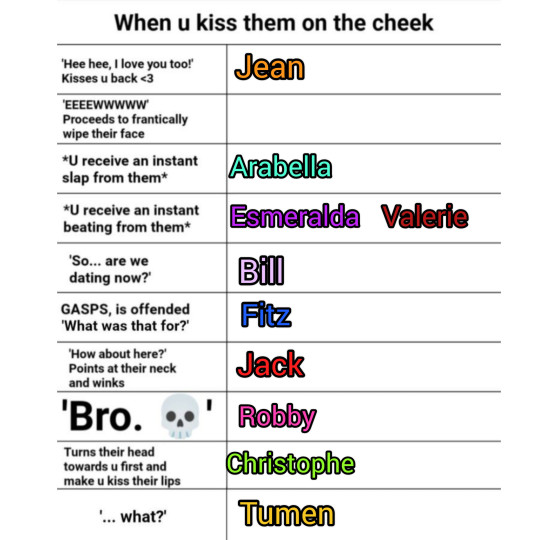

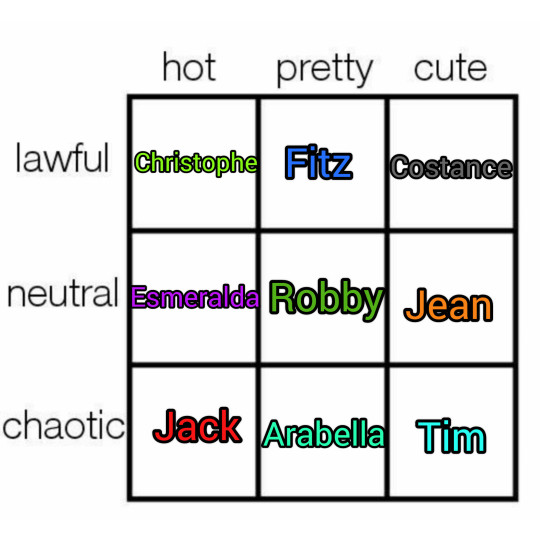
#jack sparrow#potc#young jack sparrow#captain jack sparrow#young captain jack#rob kidd#fitzwilliam p. dalton iii#arabella smith#jean magliore#costance magliore#tim hawk#robby greene#esmeralda maria consuela anna de sevilla#christophe julien de rapier#cutler beckett#tpof#pof#bill turner#valerie#valerie teague
7 notes
·
View notes
Text
Jean: What are the hardest things to say?
Fitz: I was wrong.
Arabella: I need help.
Jack: Worcestershire sauce.
#jack sparrow#young jack sparrow#young captain jack#potc incorrect quotes#rob kidd#fitzwilliam p. dalton iii#jean magliore#arabella smith
14 notes
·
View notes


